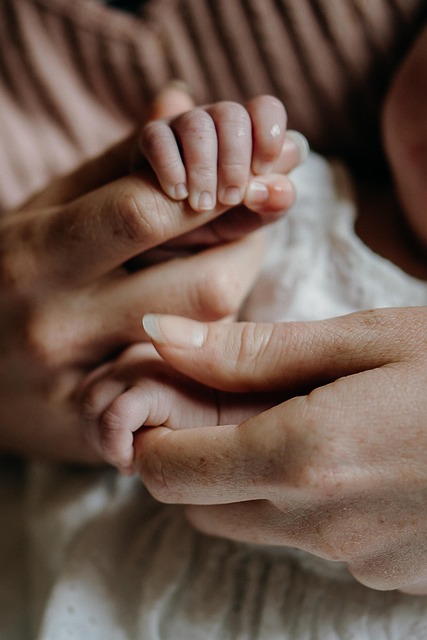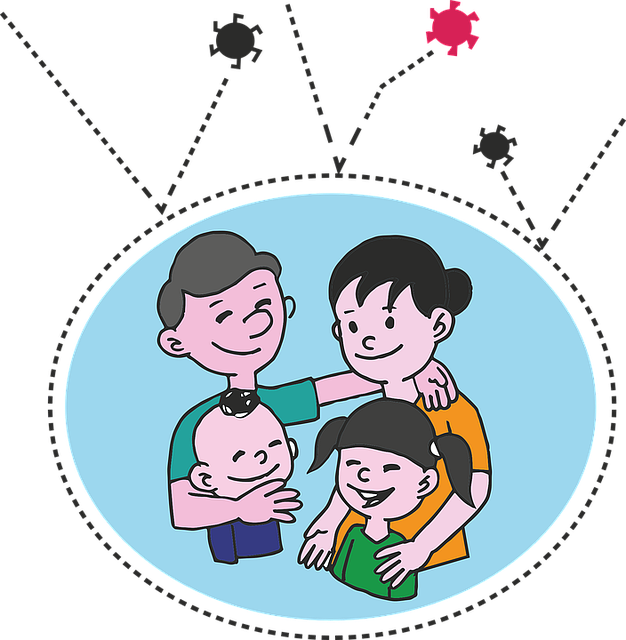Protecting parental rights and ensuring child safety in welfare cases requires a balanced approach using legal measures like court-ordered interventions to preserve family ties while prioritizing the child's well-being. Fair process guidelines, including access to representation and transparent communication, empower parents to participate actively in decisions, upholding both child safety and parental rights. Robust legal safeguards enable courts to navigate complex situations effectively.
Ensuring fair treatment in child welfare cases is a delicate balance between safeguarding children’s well-being and upholding parental rights. This comprehensive guide explores critical aspects such as balancing parental rights with child safety, implementing fair processes, and providing legal protections for vulnerable young ones. By delving into these areas, we aim to highlight strategies that promote justice and positive outcomes for all involved, emphasizing the importance of parental rights protection in every step of the way.
- Balancing Parental Rights and Child Safety
- Fair Process: Ensuring Due Diligence
- Supporting Children Through Legal Protections
Balancing Parental Rights and Child Safety

In child welfare cases, balancing parental rights protection with ensuring child safety is a delicate act. While parents have inherent rights to their children, the primary concern is often the child’s well-being and security. This balance requires a nuanced approach where both aspects are given due consideration. Parental rights protection involves upholding the legal framework that guarantees parents’ authority over their offspring, including decisions related to care, education, and religion. However, when there are concerns about a child’s safety or potential harm, these rights can be temporarily suspended or limited to allow for intervention.
The challenge lies in implementing measures that protect children without unduly infringing on parental autonomy. This might involve court-ordered interventions, such as temporary custody transfers or supervised visitation, to safeguard the child while also allowing parents to maintain a connection. The goal is to create a harmonious resolution where both parental rights and child safety are respected, fostering a healthier environment for all involved.
Fair Process: Ensuring Due Diligence

In child welfare cases, upholding a fair process is paramount to ensuring justice and protecting parental rights. This involves adhering to strict procedural guidelines that guarantee every parent or guardian is treated equitably throughout the legal proceedings. Due diligence demands a thorough examination of all relevant facts, evidence, and arguments presented by both parties. It requires a balanced approach where the best interests of the child are considered without bias, while also upholding the rights of parents to make informed decisions regarding their upbringing.
A fair process ensures that all individuals involved have access to legal representation, allowing them to present their case effectively. It includes transparent communication and timely updates, empowering parents to understand and participate actively in the process. By maintaining these principles, child welfare systems can navigate complex family dynamics while safeguarding both the well-being of children and the parental rights protection they deserve.
Supporting Children Through Legal Protections

In child welfare cases, supporting children involves safeguarding their well-being and ensuring they receive fair treatment within legal frameworks. Legal protections play a crucial role in upholding the rights of both children and parents. These protections are designed to preserve family ties while prioritizing the child’s best interests. By implementing robust legal safeguards, courts can navigate complex situations effectively, balancing the delicate needs of all involved parties.
One key aspect is the preservation and protection of parental rights. It’s essential that legal systems recognize and respect these rights while also ensuring the child’s security. This delves into issues of due process, where parents must be given ample opportunity to defend their parenthood and challenge any allegations against them. Such protections foster an environment where families can navigate challenging circumstances with dignity and fairness.






